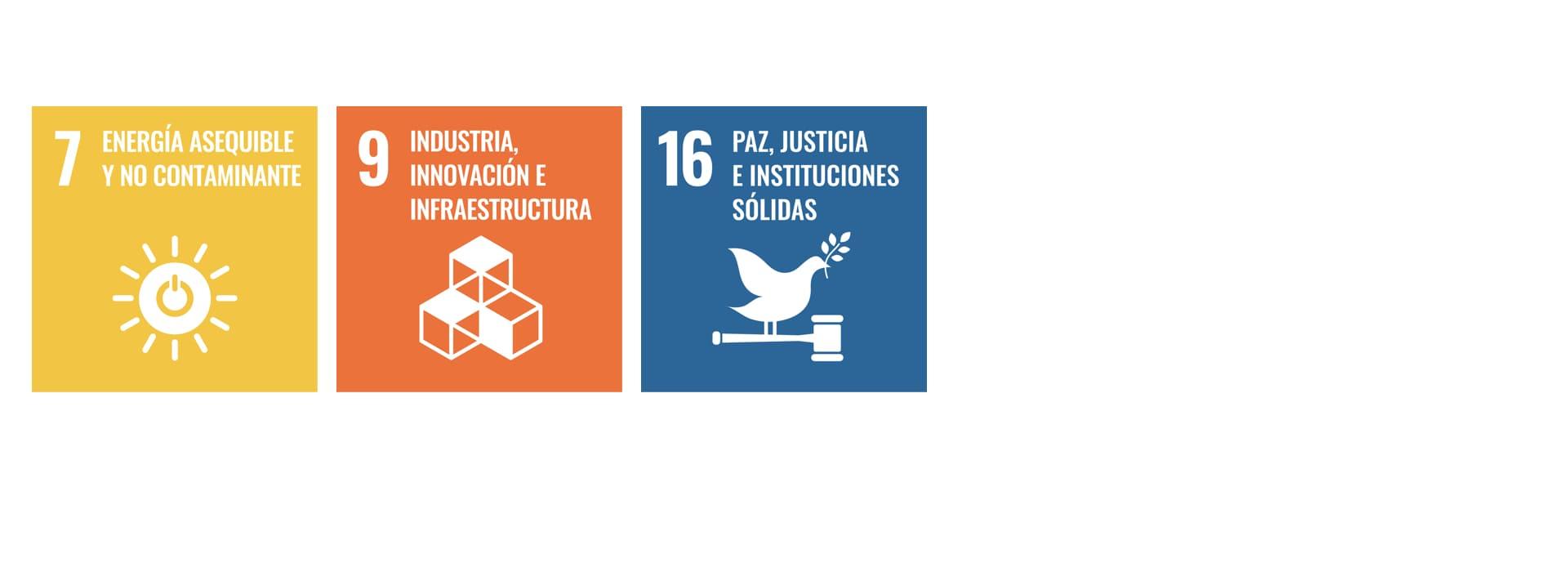Global supply chains take another hit
1 Marzo - 2022
Oriol Montanyà
Director of the Sustainability Observatory
Director of the Postgraduate in Total Supply Chain Management
__
[Article published in Expansión on 26 February 2022]
"No news, good news". This is one of the most repeated slogans among supply chain professionals, as they are fully aware that stability is one of their best allies. However, in recent times we have experienced very newsworthy episodes, causing the global logistics system to be installed in a context of high uncertainty, which greatly hinders the supply of products and services.
While we are still recovering from the so-called container crisis, generated by a sudden mismatch between supply and demand for maritime transport, another major event is looming that will have a major impact on the value chains of many companies: the conflict between Russia and Ukraine.
Repeated crisis accelerate debate on paradigmatic supply chain model
We are talking about two countries with high production and export potential, so disruptions in certain trade transactions resulting from the war itself or from cross-sanctions are likely to have consequences on a global scale.
Sectors exposed to difficulties
Although European companies do not have a large number of Russian and Ukrainian suppliers in their first tier of relations, the reality is that they are gaining presence as we move up the supply chains, and especially when we get to the raw materials that feed the whole process. There are at least four sectors of activity that are highly exposed to difficulties in servicing some of their components: energy, food, automotive and technology.
The energy sector has been the first to suffer the consequences of the current situation, and it is not surprising, since Russia is the world's second largest oil exporter, behind only Saudi Arabia. It also leads the ranking of countries in the natural gas business, supplying 40% of this energy to the European Union.
At least four sectors of activity are likely to face difficulties: energy, food, automative and technology
Food is also likely to be widely affected, as the war pits two very important players in the production of cereals (such as wheat, maize, rye and barley), which are present in a multitude of foodstuffs, both for human and animal nutrition. Without going any further, Russia is the leading country in wheat exports, while Ukraine supplies 35% of all cereals entering the European Union.
On the other hand, the conflict zone also produces large quantities of metals involved in the manufacture of cars, household appliances and technological devices. For example, Russia has an estimated 5-10 per cent of the world's reserves of aluminium, copper and nickel. It also produces 40 per cent of all palladium, which is an essential element for the automotive industry. In the same vein, Ukraine is a major supplier of nickel, the gas used in the production of the famous electronic chips.
Availability and distribution
Depending on the duration and intensity of the war, we will see the degree to which problems of product availability and increased distribution costs manifest themselves, as these are the two damages that normally emerge when global supply chains cease to function optimally. We saw this when the onset of the pandemic caught some sectors unawares, when the Ever Given ship was trapped in the Suez Canal, putting part of international trade in check, or when the economic recovery at the end of 2021 collapsed the main maritime routes.
Precisely, the repetition of traumatic episodes has accelerated the debate on the paradigmatic supply chain model, as the myth of invulnerability that 40 years ago fuelled industrial relocation and the design of logistics processes anchored exclusively on cost reduction has definitely fallen. We now know that, in the 21st century, we can also suffer serious political, environmental or health crisis, so efficiency must be complemented with high doses of resilience, building shorter, more collaborative and more sustainable supply chains.

